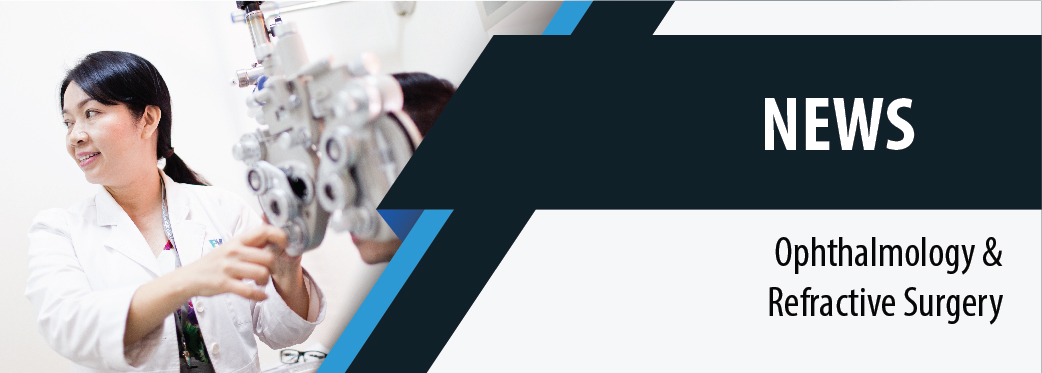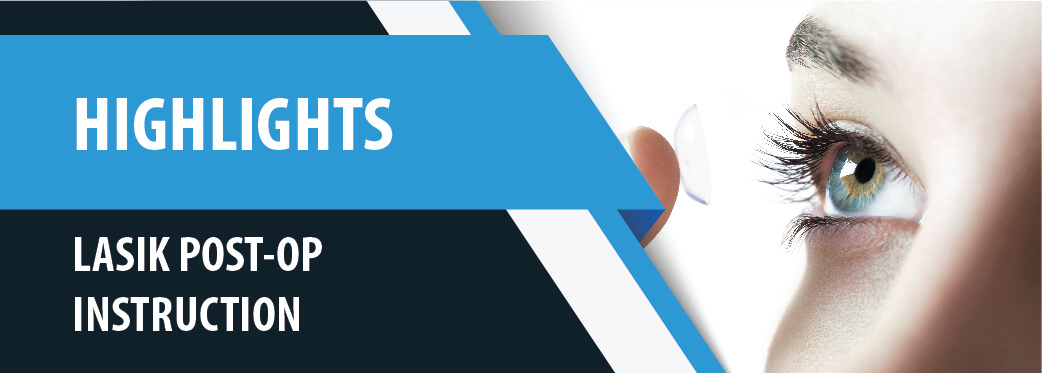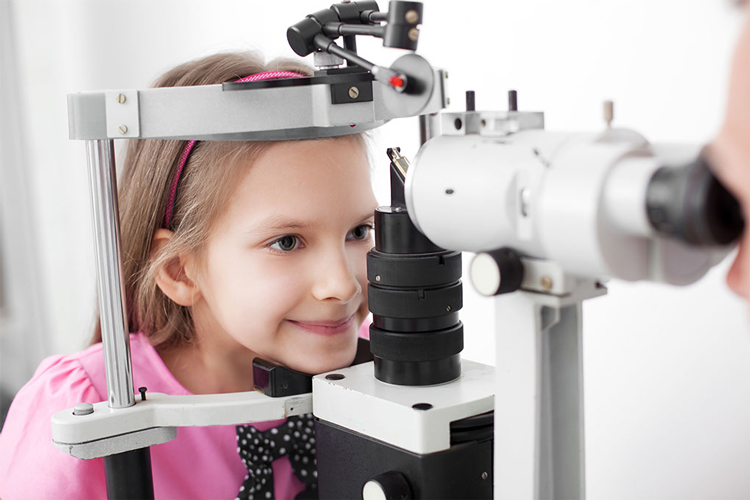
FV Hospital’s Ophthalmology & Refractive Surgery Department offers our patients comprehensive eye care services suitable for all ages. Our experienced team of ophthalmologists specialise in all areas of eye care and offer a full range of ophthalmic medical and surgical services. We encourage you to learn more about our practice with the resources found on our page on the FV Hospital website and look forward to taking care of you.
The Ophthalmology & Refractive Surgery Department is located on the ground floor of the V Building of FV Hospital.
Our Clinical Services include
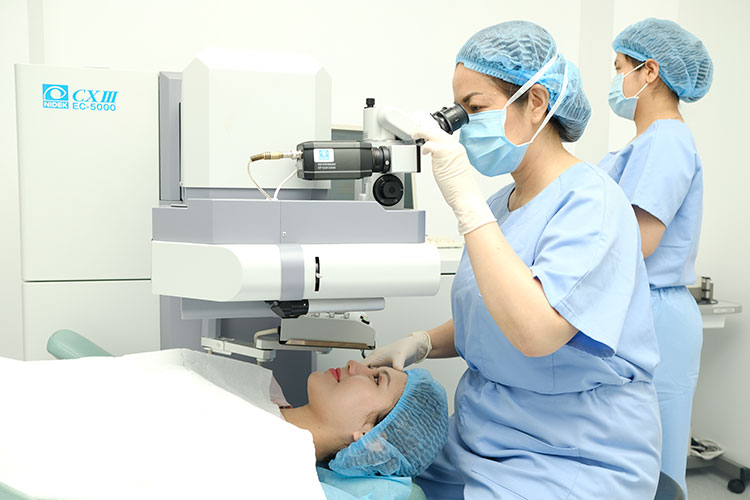
Regular Eye Examination and Screening
Having a regular eye examination ensures that our experts can detect and treat eye diseases, which are often invisible to the naked eye, early. Under our care we are able to slow down an eye disease’s affects or reverse its progression.
Optometry
Our experienced optometrists are focused on determining visual acuity, detecting defects in vision, signs of injury, ocular diseases, or problems concerning general optical health.
Uveitis and Ocular Inflammation
Inflammatory eye diseases can range from slightly reducing a person’s vision to leading to severe loss of sight. FV Hospital has a highly specialised team devoted to diagnosing and treating patients with inflammations within and on the surface of the eye.
Paediatric Ophthalmology
Our specialists are able to treat a wide range of eye disorders in children. These include strabismus, congenital cataracts, glaucoma, and malfunction of the eye itself. They are also able to perform eye screening for prematurely born babies
Strabismus
Strabismus, or lazy eye, or squints, is a vision condition in which a person cannot align both eyes simultaneously under normal conditions. Depending on the severity of the strabismus, our experts are able to treat both children and adults through prescribed spectacles or surgery.
Neuro-Ophthalmology
Neuro-ophthalmology concerns visual disorders that relate to the nervous system. This includes loss of sight due to injury to the brain or the optic nerves which transmits visual signals from the eyes to the brain
Cataract Surgery
Cataract surgery is a procedure to remove the lens of your eye and, in most cases, replace it with an artificial lens. Cataract surgery (phacoemulsification or “phaco”) is used to treat the clouding of the normally clear lens of your eye (cataract). Our experts are able to provide multi-focal intraocular lenses (IOL) which not only improve your long distance vision but also decrease your dependence on using glasses to read.
Glaucoma
Glaucoma is largely an invisible disease that is caused by the build-up of pressure inside the eye. If the pressure is not reduced, then it can result in the patient becoming blind. Depending on its severity, our specialists are able treat this through prescription eye drops, laser surgery or microsurgery.
Refractive Surgery using Femtosecond Laser, LASIK and CLEAR
FV Hospital Laser Eye Centre, equipped with the latest advances in laser technology, can help you reduce, or eliminate, your dependence on glasses or contact lenses. By reshaping the structure of the eyes themselves, vision can be restored in a fast, safe and comfortable procedure.
CLEAR (Corneal Lenticule Extraction Advanced Refractive correction) is a femtosecond laser surgery that is used to correct myopia and astigmatism without creating a corneal flap so preserving the absolute biomechanical stability of the cornea. The small incision also minimises corneal damage, post-operative dry eye and other complications caused by flap surgery with a high degree of accuracy and safety.
The CLEAR procedure may be a better option for those prone to dry eye or those who are not candidates for LASIK. It is also a good option for those seeking a faster visual recovery. Most patients return to their normal routines just a few days after the procedure.
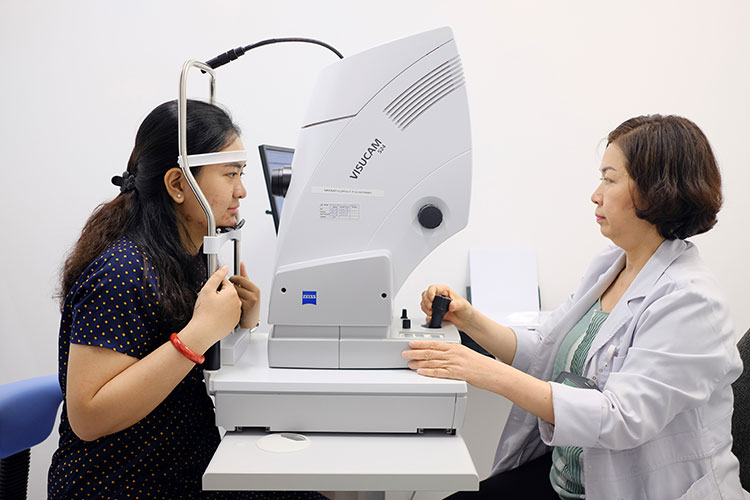
Orthokeratology (or Ortho-K)
Ortho-K (sometimes called corneal refractive therapy or corneal reshaping) is the fitting of specially designed contact lenses that you wear overnight. While you are asleep, the lenses gently reshape the front surface of your eye (cornea) so you can see clearly the following day after you remove the lenses. Ortho-K lenses are prescribed to correct refractive errors (primarily mild to moderate myopia but also astigmatism and hyperopia). In some cases, Ortho-K also is used to correct presbyopia. Ortho-K lenses are also prescribed to slow the progression of childhood myopia.
Vitreo-Retinal Conditions
Vitreo-Retinal specialists provide diagnosis and treatment of diseases of the retina, vitreous and choroids. The most common conditions of this type encountered include retinal detachment, diabetic retinopathy, age-related macular degeneration, retinal problems relating to myopia, retinal vascular occlusion, ocular trauma, ocular infections, retinitis pigmentosa, etc.
Diabetic Retinopathy
All patients with diabetes need regular comprehensive eye examinations. If Diabetic Retinopathy is diagnosed, our specialists can, through medical imaging techniques and laser treatments, halt the disease and prevent further vision loss
Age-related Macular Degeneration (AMD)
AMD is an irreversible medical condition that results in the loss of a person’s central vision and is one of the major causes of blindness for those over fifty years old. Diagnosing AMD early through regular eye examinations is the best way to prevent vision loss. Treatment is provided by either laser photocoagulation surgery and/or intra-vitreal injection.
Oculoplastic Surgery and Cosmetic Botox®
Oculoplasty is aesthetic and reconstructive surgery of the tissues around the eyes, which include the eyelids, the eye socket (orbit), and the tears drainage system. Removing the excess skin and fat around the eye is a form of cosmetic surgery which makes an individual look younger and more active.
Dystonia Treatment by Botox®
Cervical dystonia, also called spasmodic torticollis, is a painful condition in which the neck muscles contract involuntarily, causing the head to twist or turn to one side. Treatment is provided through Botox (Botulinum toxin) being injected directly into the neck muscles affected by cervical dystonia. Most people with cervical dystonia see an improvement with this treatment, which usually must be repeated every three to four months.
Corneal Transplant (or Keratoplasty)
The cornea is the clear transparent front portion of the eye, which can be damaged by injury, infection, old age or other forms of corneal disease, causing blindness.
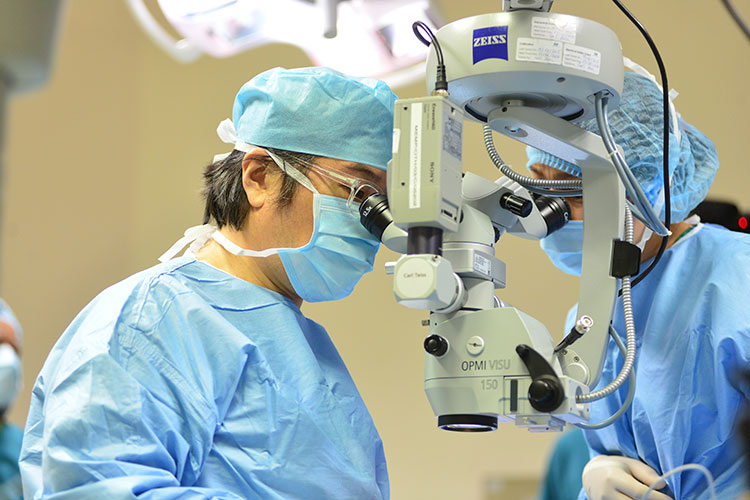
A corneal transplant (known as keratoplasty) involves replacement of a diseased, cloudy cornea with a clear, healthy donor cornea, resulting in restoration of normal vision. FV Hospital now offers the latest forms of keratoplasty which involve only partial replacement of the diseased corneal layers, leaving the healthy layers intact. Deep Anterior Lamellar Keratoplasty (DALK) only replaces the front layers of the cornea, while Endothelial Keratoplasty (EK) only replaces the inner layers. While these newer procedures are more complex, they provide much better clinical outcomes in terms of much lower rates of corneal graft rejection, less complications and greatly improved visual outcomes compared to the older conventional form of corneal transplantation.
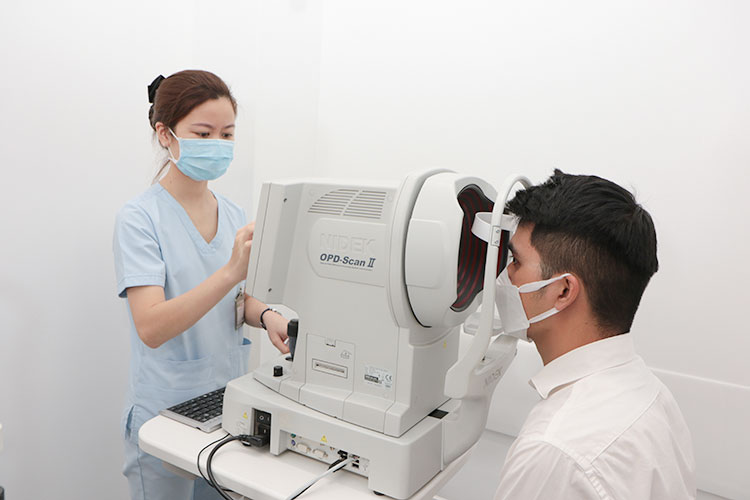
The Ophthalmology Department is a modern and comprehensive eye centre complete with several specialised consultation rooms for; slit-lamp examinations, Autokeratorefractometer, non-contact Tonometer, Angiographs, Ultrasound (A/B echo scan), Argon and Yag lasers, Optical Coherence Tomography (OCT) and automated visual field testing
In the operating theatre, we utilize state-of-the-art Operating Microscope (Carl Zeiss) and a Nidek Phaco-Emulsificator for treating cataracts
The FVH Laser Eye Centre is an ultra-modern facility equipped with the latest generation Nidek Advanced Vision Excimer Laser System (NAVEX) from Japan and the revolutionary Femto LDV Z8 from Ziemer that provides the CLEAR technology.
No results found...


